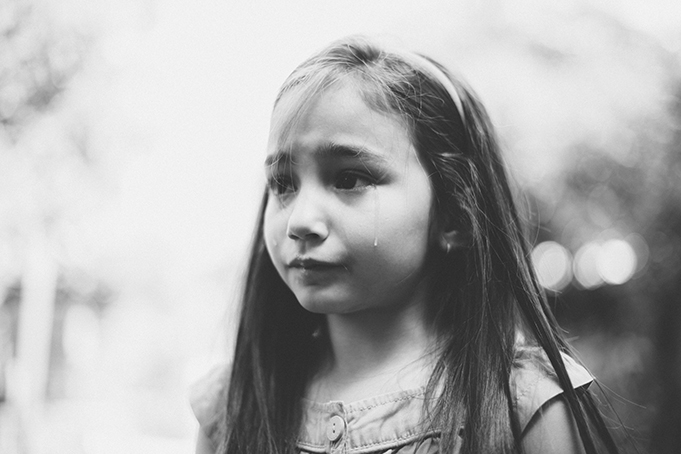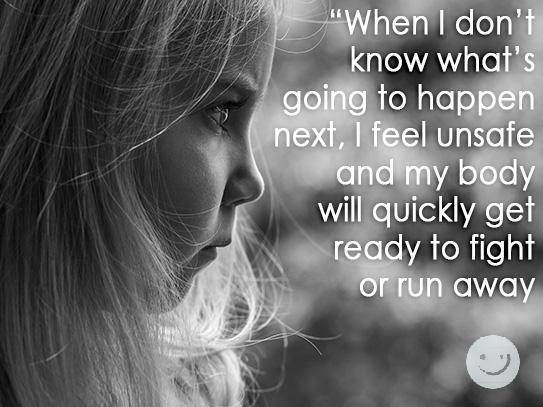
How trauma hijacks learning – A memo from a four year old
This blog entry was authored by Jeanette Miller, Senior Consultant
in the Parenting and Early Years Program, at the Australian Childhood Foundation,
from the perspective of a four year old child who has experienced trauma.
‘When I was a baby and I got upset, I was totally dependent on bigger, stronger, wiser and kind adults to regulate my stress. But the adults in my life were none of those things and I could not depend on them to understand or meet my needs. Without someone to reliably buffer my stress, I grew to feel unloveable, hopeless and helpless. Because my cries for help were often not answered, I gave up asking for help and now I find it hard to trust people and feel like I have to do everything myself.’
 ‘The toxic levels of stress hormones that remained in my system for long periods of time affected some parts of my brain. Many cells were destroyed in my developing Hippocampus, making it hard for me to make sense of experience and to remember what you taught me last week and yesterday. Those stress hormones also damaged my Corpus Callosum so my left and right brain hemispheres are not well integrated. This means I find language-based activities really tricky and being more right-brain oriented, I’m a visual learner. I’m also particularly tuned in to your non-verbal communication…though I often mis-read facial cues because the big people in my early life never made an effort to ‘get’ what I was trying to say emotionally. I’m always on the lookout for angry faces and often see anger when it’s not really there. Maybe that’s why not many of the other kids want to play with me.’
‘The toxic levels of stress hormones that remained in my system for long periods of time affected some parts of my brain. Many cells were destroyed in my developing Hippocampus, making it hard for me to make sense of experience and to remember what you taught me last week and yesterday. Those stress hormones also damaged my Corpus Callosum so my left and right brain hemispheres are not well integrated. This means I find language-based activities really tricky and being more right-brain oriented, I’m a visual learner. I’m also particularly tuned in to your non-verbal communication…though I often mis-read facial cues because the big people in my early life never made an effort to ‘get’ what I was trying to say emotionally. I’m always on the lookout for angry faces and often see anger when it’s not really there. Maybe that’s why not many of the other kids want to play with me.’
‘When I don’t feel safe, my ears are tuned in to low-frequency ‘predator sounds’ like the rumble of traffic or planes outside, or the air-conditioning unit in the room, and I can’t hear what you’re saying to me. Please use your storytelling, melodic voice when you talk to me’

‘Sometimes a particular smell, sensation, texture, light…or even a facial expression, movement or tone of voice that you use, acts like a trigger to instantly return my body to the traumatised state it was in at the time I was neglected or abused. I have no understanding of when or why or how that happens…it just happens automatically…I can’t help it. Please don’t take my reactions personally, but try to understand and to observe patterns to make sense of this.’
‘When I don’t know what’s going to happen next, I feel unsafe and my body will quickly get ready to fight or run away. Please make every part of my day predictable with familiar people, places and routines. Stay connected with me through every change of place or activity.’
‘When I’m scanning the environment for danger, I can’t focus my attention on learning tasks. Please help me to feel safe so that I can connect, play and learn.’
